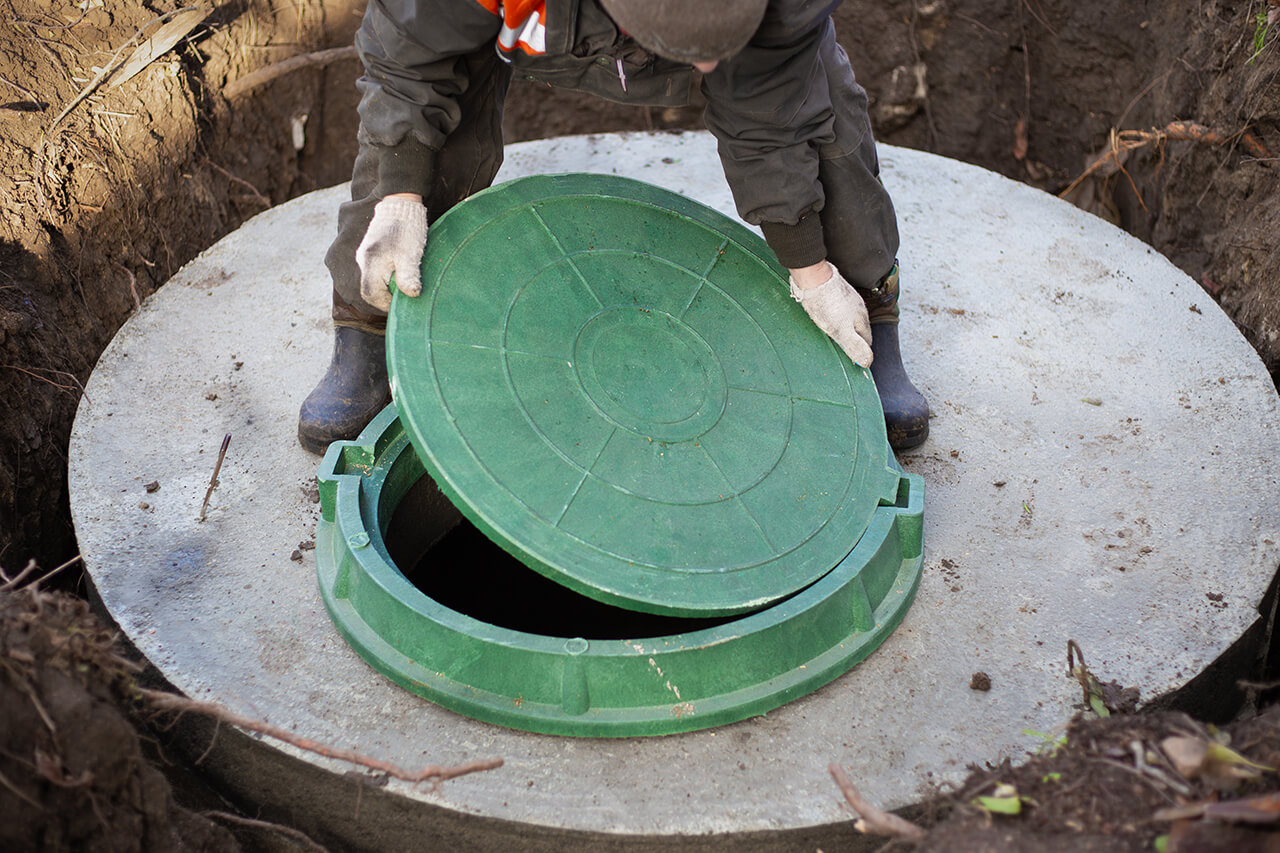There’s a good chance that you have a septic system to manage your waste if you do not have a business or a home that’s connected to the municipal sewer. Septic systems are an eco-friendly and effective way to manage the flow of sewage. However, they require periodic maintenance. They may also need to be replaced at some point. We’ll present a step-by-step guide that will help you manage the expenses of Septic systems, for both installation and replacement.

What are the expenses for a septic system installation?
It is vital to install the installation of a septic tank to ensure the disposal of your waste is done effectively and safely. The price of a septic installation differ greatly based upon a variety of variables.
Home Size: Larger properties require larger septic system to deal with the greater wastewater output. Larger homes require higher costs and larger septic systems.
The number of bedrooms you have in your house or office will affect the size of your septic tank. New Hampshire requires a minimum 1,000-gallon tank for at least three bedrooms. A further 250 gallons tank capacity is required for each additional bedroom.
Site conditions: The cost of installation is determined by the terrain, soil type, and permeability of your land. A more difficult terrain or soil conditions could require additional excavation or specialized equipment and will add to the overall cost.
Permitting requirements and zoning: Local and state requirements for permits and inspections vary. Additional costs may be required to get the required permits.
On average, the cost of a septic system install in New Hampshire ranges from $5,000 to $10,000, depending on the above variables. It is important to remember that this is only an estimate and the final cost may be different based on specific circumstances.
The cost of the replacement of your tank
Septic systems can be likely to last from 20 and 40 years, based on their use and maintenance. It is usually more cost-effective to have a septic replaced than to try to repair it. Inefficient drains, standing water in your backyard and back-ups of sewage are signs that you may need to replace your septic system.
The price of a new the septic system will be determined by similar aspects to the installation. They include the size of your property and number of bedrooms as and the conditions of the site. However, a septic systems replacement typically costs more than a new one due to the need to get rid of the old system properly.
In New Hampshire, a replacement septic system is priced between $20,000 and $25,000 based on these factors. This is only an estimate and the final cost may be different based on the specific circumstances.
Tips for managing septic system cost
Regular maintenance: Regular septic system maintenance, which includes the pumping process and inspection, can prolong the life of your system as well as prevent expensive repairs or replacements.
Select the right contractor Selecting a reliable and experienced contractor can ensure that your septic system is correctly installed and to code, saving you money on expensive repairs or fines for non-compliance.
Avoid flushing things that don’t biodegrade. Materials that aren’t biodegradable like sanitary items, wipes or diapers can cause a blockage in your septic tank and create costly backups.
Conserve water: Conserving water will lessen the workload of the septic system and increase its lifespan.
A good system will help you save money on installation as well as on maintenance.
A regular septic tank inspection is crucial to ensure a healthy and functioning system. A well-maintained tank can provide many benefits including savings on repair costs and reducing the risk of groundwater contamination while also preventing backups and prolonging the lifespan of the tank. Furthermore, regular pumping helps to increase the efficiency of the system and also helps stop costly damage from things like cracks or clogs. Regular inspections are necessary to detect potential problems. This will allow you to maintain a sustainable and secure the septic system. All in all, having a written maintenance plan for your septic tank will reduce time and cost in the long run, as well as give security that your house or commercial property will have a working in the long run.
For more information, click cost to install septic tank and leach field
